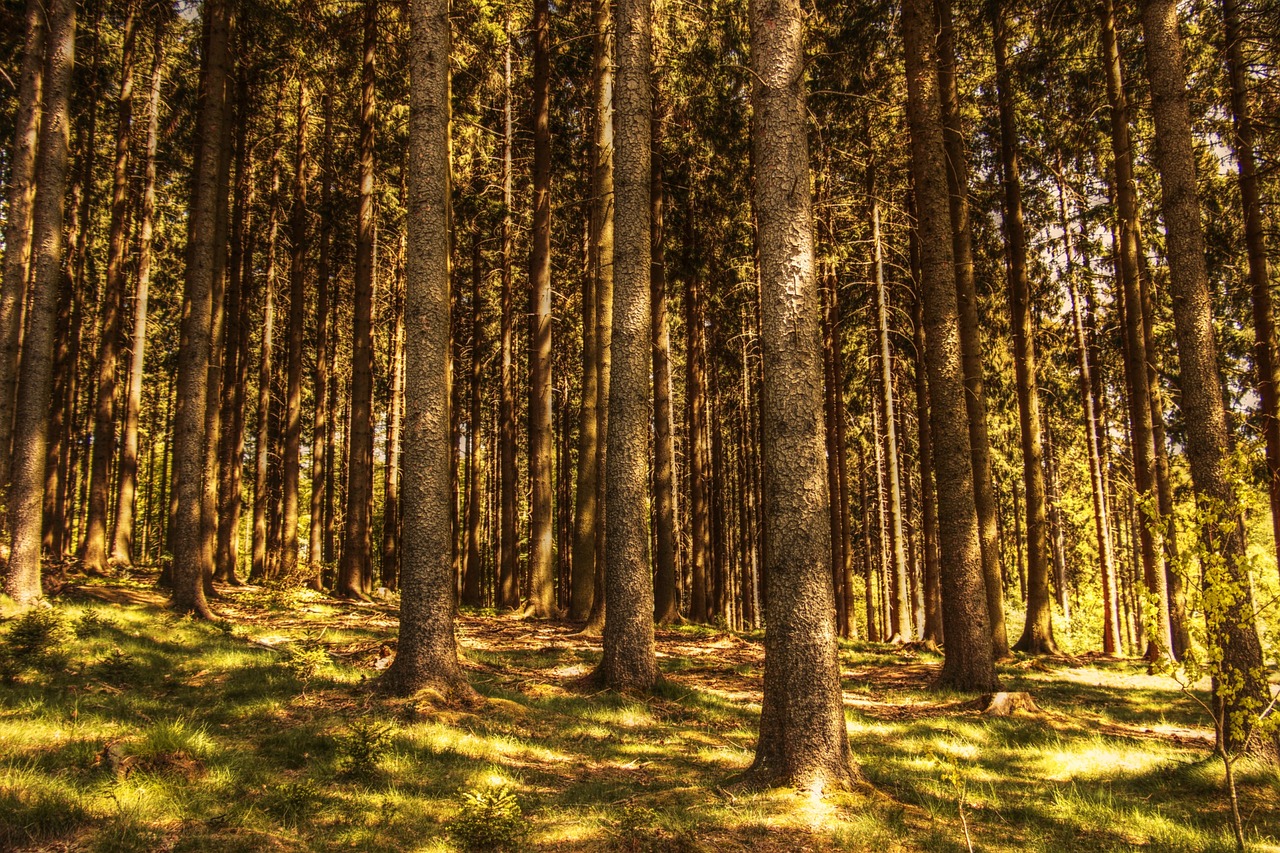How can research with children inform policy in relation to community engagement with climate solutions? And what are the implications of the context we find ourselves working in; a context of increasingly urgent calls for ‘solutions’ to climate collapse, with an emphasis on time as ‘running out’,
Voices of the Future, a three-year, multi-site project based in the UK, aims to develop an understanding of children’s and young people’s relationships with trees, with a view to how their perspectives could inform policy and practice. Children and young people, it is often stated, will experience the most severe consequences of decisions adults make today about climate change, thus their voices should be central in the debate. However, as our research uncovered, the process for how these voices might be heard and crucially, change the conversation (rather than reinforce adults’ existing ideas) are complex.
Whose voice?
Overall, the project worked with children and young people of all ages. However, our work here in South Yorkshire was with under fives, asking what can happen between children and trees? Early childhood research has shown the importance of developing suitable methods for research with young children, ones that allow for participation and play, are led by the children’s own interests and foreground communication through gesture, movement and play rather than words alone. Therefore, our first step was to rethink what we meant by ‘voice’ to encompass young children’s preferred (often non-verbal) modes of communication.
Paying attention?
Following child-centred methodologies, we worked with community partners to run 18 months-worth of tree related activities, where families and children could playfully be in the vicinity of trees. This included scavenger hunts, teddy bears picnics, art activities and woodland walks. Through writing observational fieldnotes and collecting visual data, we sought to learn from the children about trees. As a result, we found ourselves frequently engaged in activities or conversations that had little to do with trees or climate change. Taking a woodland walk through the woods, we might gaze up at the trees, admire a friend’s Paw Patrol wellies, and discuss what family film to watch together when we get home. Our data set is full of “off-topic” artwork, chat and play including doodles, airplanes, bedrooms, ages of the researchers, cars and Christmas.
Off topic?
What do we do with this kind of off-topic data? There seems a difficult-to-resolve tension between an approach to participatory research that is led by the interests of the child, grounded in slowness and playfulness, and the urgency of climate collapse and the need to focus on finding actionable approaches and solutions.
Reframing expertise, voice and usefulness in research
Working with young children helped us radically rethink the relationship between the activities we asked participating children to do, and the knowledge that gets produced. We came to realise the importance of reframing how we do research, rather than fitting the children’s contributions neatly into adult-designed boxes. This also has implications for pedagogy and we have produced a toolkit advocating for slower, more relational practice when working with children in treescapes. Rather than accepting that working with younger children leads to less useful responses to the question of environmental sustainability, we propose that this way of doing research helps us to question our assumptions about the questions we are asking. Often the “off task” artworks, chats and play with the children were the moments that offered us alternative ways into the problem or prompted us to ask different questions.
Abi Hackett is a Professor of Childhood and Education at the Institute of Education. She is particularly interested in the role of place, materiality and the body in young children’s lives and literacies.

Leave a Reply